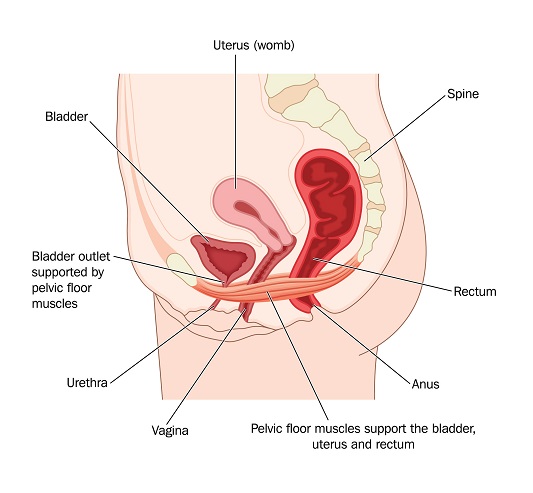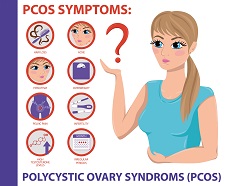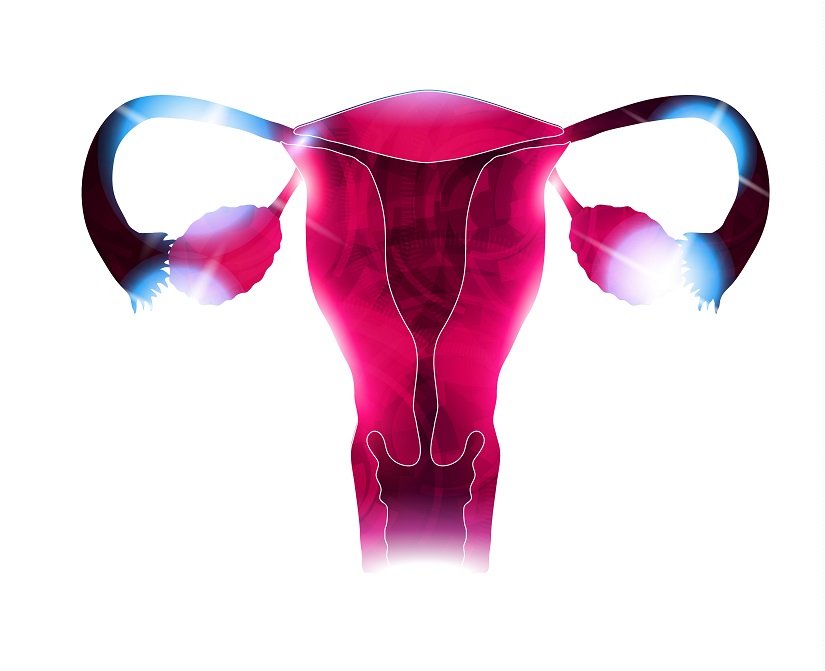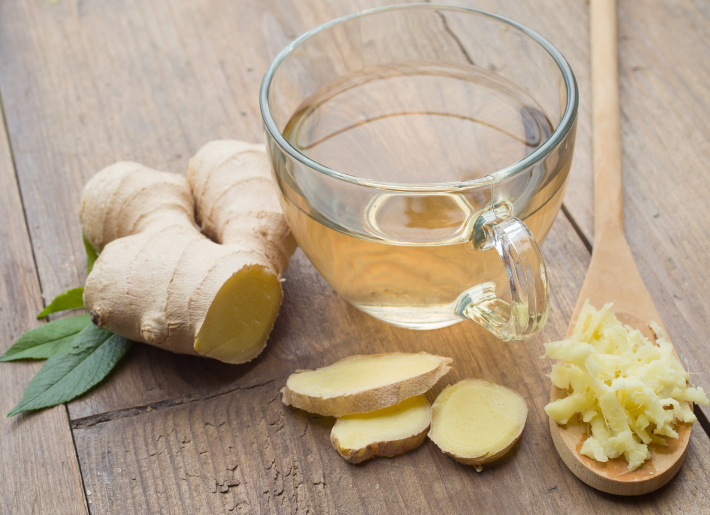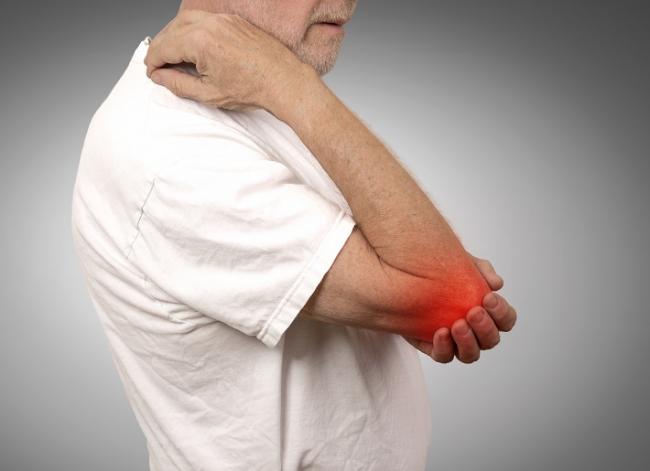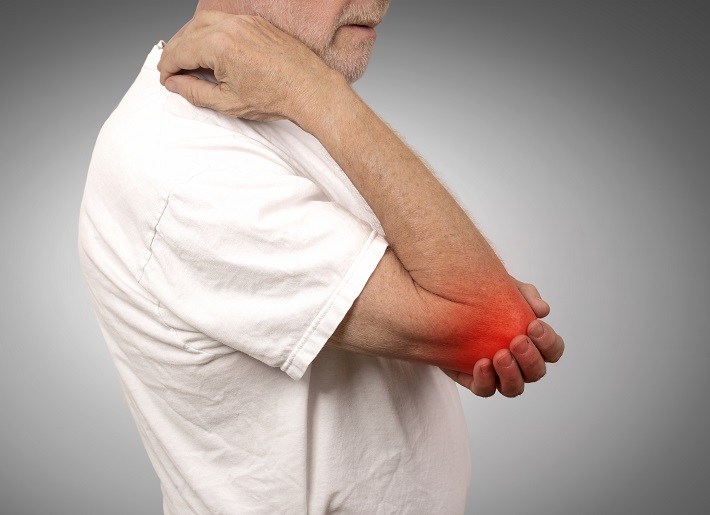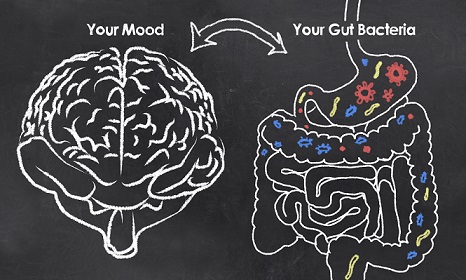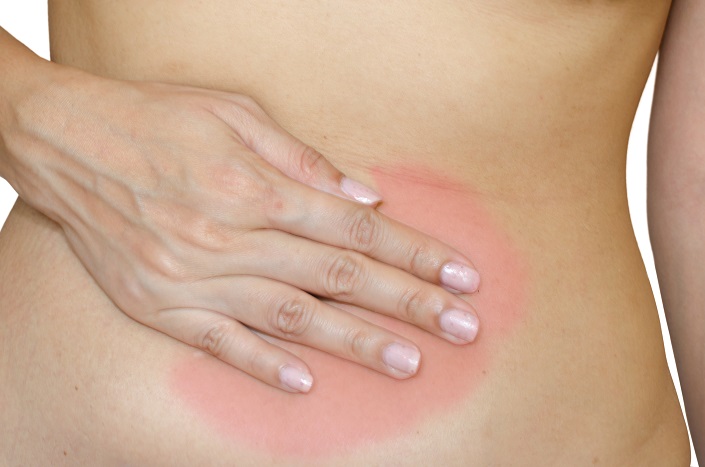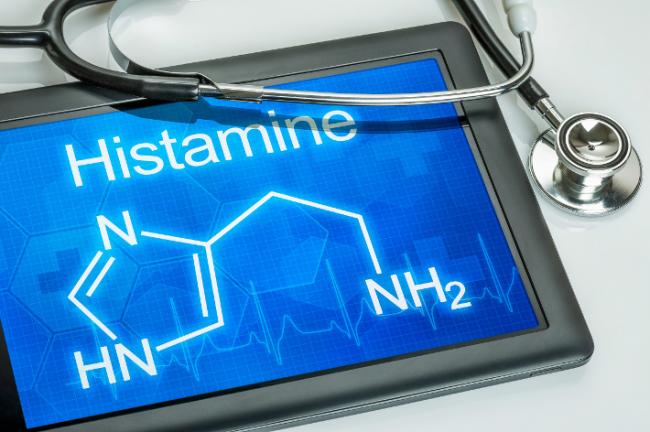Would it surprise you to know that the human colon contains about 3.3lbs of bacteria?[1] This microbiota is practically its own organ, acting as an entire ecosystem, with its own immune system, nervous system, and the ability to influence what the body absorbs from inside the intestinal lumen.
Related Articles
- 31 Aug 20
- 18 Oct 19
 It can be difficult for many women to find and utilize non hormonal options when it comes to fertility. This includes women who want to become pregnant but also those who are looking to avoid pregnancy. With many women and couples having misconceptions regarding the fertile period of a woman’s cycle, it is more advantageous to educate women on their fertile signs for greater chances of either conception or avoidance of conception.[1]
It can be difficult for many women to find and utilize non hormonal options when it comes to fertility. This includes women who want to become pregnant but also those who are looking to avoid pregnancy. With many women and couples having misconceptions regarding the fertile period of a woman’s cycle, it is more advantageous to educate women on their fertile signs for greater chances of either conception or avoidance of conception.[1] - 20 Sep 19
 Thinking of conceiving? You may have heard about the “100 days”—the time it takes for an egg to mature. For men, it takes about 80 days for sperm to mature. During this time of development and maturation, a woman’s follicles and a man’s sperm are extremely vulnerable to DNA damage from exposure to toxins, systemic or chronic inflammation, and nutrient deficiencies. This means that for many who are ready to or are thinking of conceiving in the not-so-far future, the health of their eggs and sperm can be greatly impacted before they are even released, either during ovulation or ejaculation. This is the window that we need to take advantage of, to increase the health of our eggs and sperm to increase the odds of a viable and healthy egg, and fertilization.
Thinking of conceiving? You may have heard about the “100 days”—the time it takes for an egg to mature. For men, it takes about 80 days for sperm to mature. During this time of development and maturation, a woman’s follicles and a man’s sperm are extremely vulnerable to DNA damage from exposure to toxins, systemic or chronic inflammation, and nutrient deficiencies. This means that for many who are ready to or are thinking of conceiving in the not-so-far future, the health of their eggs and sperm can be greatly impacted before they are even released, either during ovulation or ejaculation. This is the window that we need to take advantage of, to increase the health of our eggs and sperm to increase the odds of a viable and healthy egg, and fertilization. - 31 May 19
The structure of the pelvic floor creates a support system for the pelvic organs. These muscles, composed by the pelvic diaphragm and elevator ani complex, form a sling around the urethra, distal vagina, and rectum.
- 30 Apr 19
We often think of polycystic ovary syndrome (PCOS) as a hormonal disorder, but it’s also (and maybe even predominantly) a metabolic one.
- 08 Nov 18
Fluctuating sex hormones during the menstrual cycle can lead to changes in energy, mood, or physical symptoms, most commonly in the late luteal phase.
- 11 Oct 18
Your period is late—really late. You’re not pregnant, and you’re not menopausal. You may have missed one cycle or several. Of course, it’s worrisome: Many women who have missed one or more periods often take several pregnancy tests just to be certain. But the causes of a missed period go well beyond the possibility of pregnancy.
- 18 Sep 18
When it comes to women’s cervical health, the Pap test, also known as a Pap smear, is significantly important in reducing the incidence of cervical cancer.[1]
- 14 Jun 18
The availability of contraceptive birth control has been incredibly supportive of women’s autonomy over reproductive health. As women, we’ve been given this amazing opportunity to be in control of our bodies; whether it be for preventing an accidental pregnancy, or for obtaining relief from hormonal dysfunction.
- 17 May 18
Sure, dental cleaning is great for our oral health, but did you know that it can also improve the wellness of your whole body? Daily toothbrushing and flossing is crucial to maintain the health of our gums and teeth; however, this might actually be more important in pregnant women and those looking to conceive.
- 22 Apr 18
When travelling to tropical and subtropical regions, there is always a chance of contracting a bacterial infection that turns into traveller’s diarrhea.
- 10 Mar 18
Prenatal genetic testing is used to determine if a fetus has, or is at risk of developing, a genetic disorder. These disorders are caused by changes, often deletions or duplications, in fetal DNA and chromosomes. Two main types of testing often performed are screening and diagnosis. Screening tests typically look for aneuploidy—an abnormal number of chromosomes
- 20 Feb 18
Sleep problems are very common in children. Those between the ages of 2-8 years-old often exhibit snoring or breathing difficulties, which can be a sign of obstructive sleep apnea (OSA). The main reason for this is due to the size of the adenoids and/or tonsils relative to the diameter of the upper airway at this point of physical development. The consequences of this go beyond being a “noisy” sleeper as apnea ....
- 18 Dec 17
Green tea is made from the leaves of the plant Camellia sinensis and has been used as a medicinal herb for over 4000 years. Many health benefits are attributed to the catechin and caffeine content, as well as that of the compound -theanine, accounting for about 50% of the total amino acids from these tea leaves.[1] In addition to chemoprotective properties, green-tea consumption has been shown to enhance...
- 09 Nov 17
 Most women are very familiar with premenstrual syndrome (PMS), though how each individual woman experiences PMS can vary completely. Rapid fluctuations in sex hormones can lead to changes in energy, mood, and/or physical symptoms throughout her cycle, most predominantly during the last week of the luteal phase.
Most women are very familiar with premenstrual syndrome (PMS), though how each individual woman experiences PMS can vary completely. Rapid fluctuations in sex hormones can lead to changes in energy, mood, and/or physical symptoms throughout her cycle, most predominantly during the last week of the luteal phase. - 04 Oct 17
- 15 Sep 17
- 02 Jun 17
 Understanding your menstrual cycle involves more than just estimating your next period. Knowing your body and tracking your menstrual cycles can provide insight into your hormonal and reproductive health. You might be experiencing symptoms that we usually label as “normal,” when we should be calling them “common.”
Understanding your menstrual cycle involves more than just estimating your next period. Knowing your body and tracking your menstrual cycles can provide insight into your hormonal and reproductive health. You might be experiencing symptoms that we usually label as “normal,” when we should be calling them “common.” - 03 May 17
- 16 Feb 17
- 15 Jan 17
- 22 Dec 16
- 03 Nov 16
- 06 Oct 16
Newsletter
Most Popular
- 17 Jun 13
- 17 Jun 13
- 17 Jun 13
- 01 Jul 13
- 17 Jun 13
- 17 Jun 13
- 17 Jun 13
- 01 Jul 13
- 17 Jun 13
- 17 Jun 13
- 17 Jun 13
- 01 Jul 13



